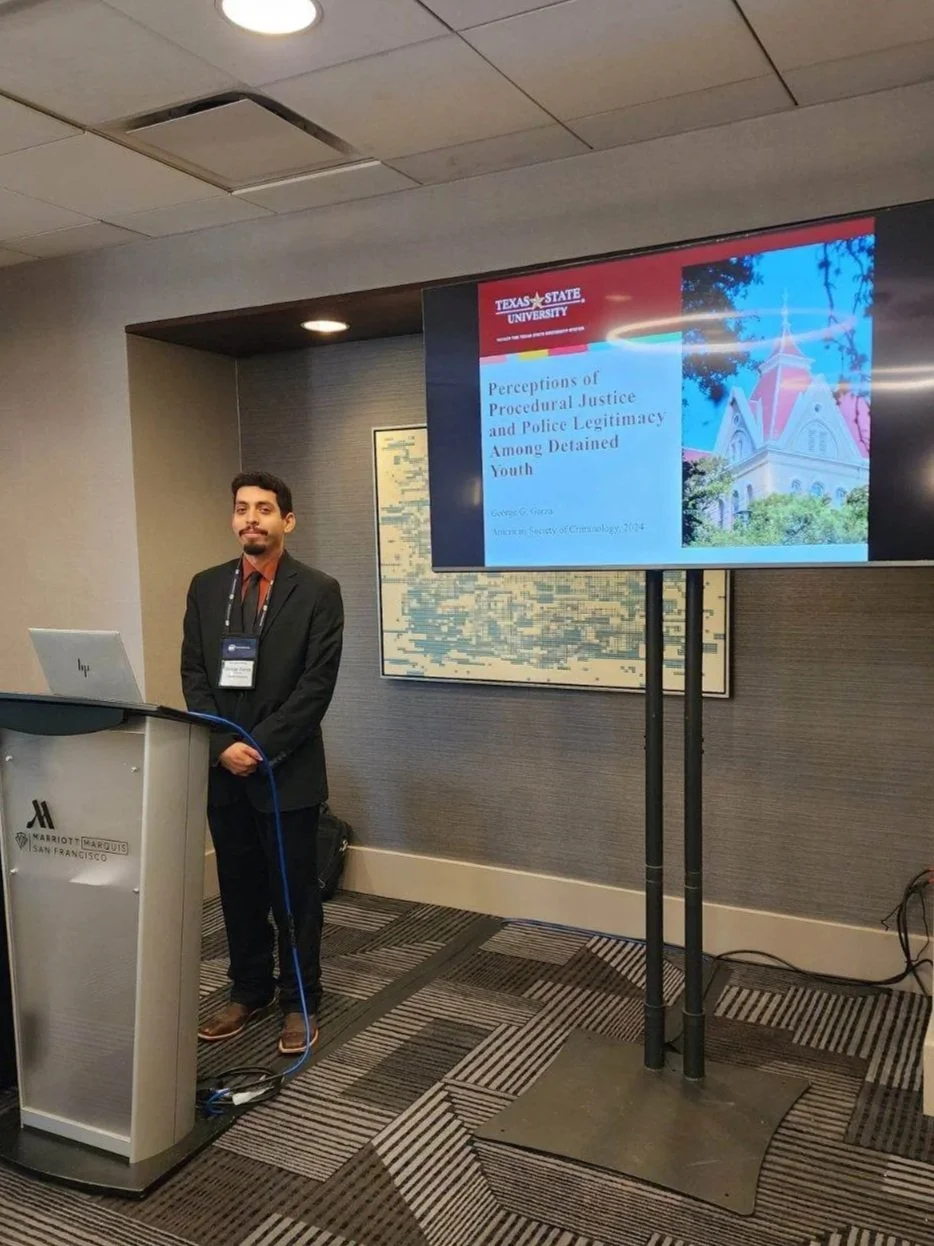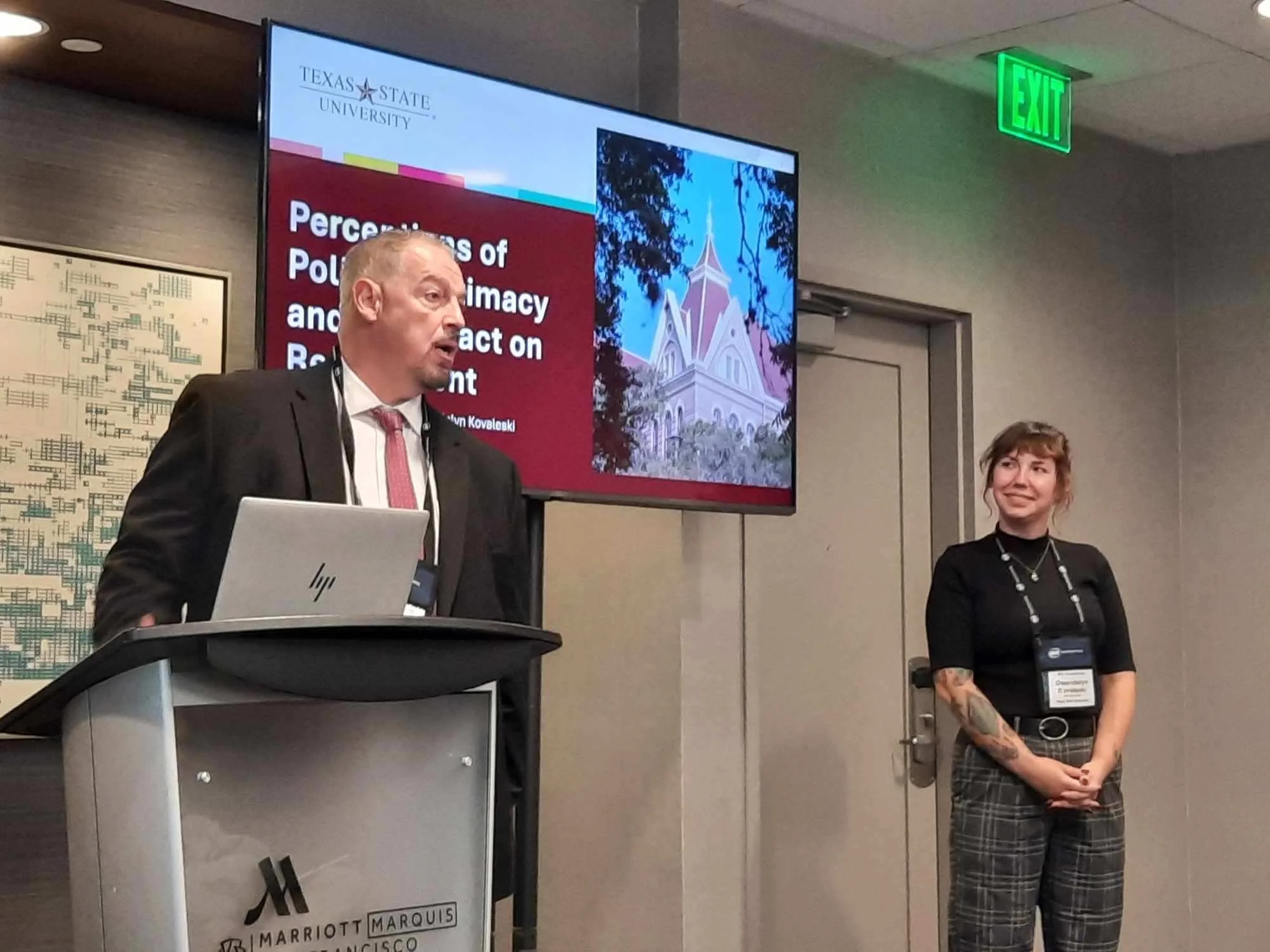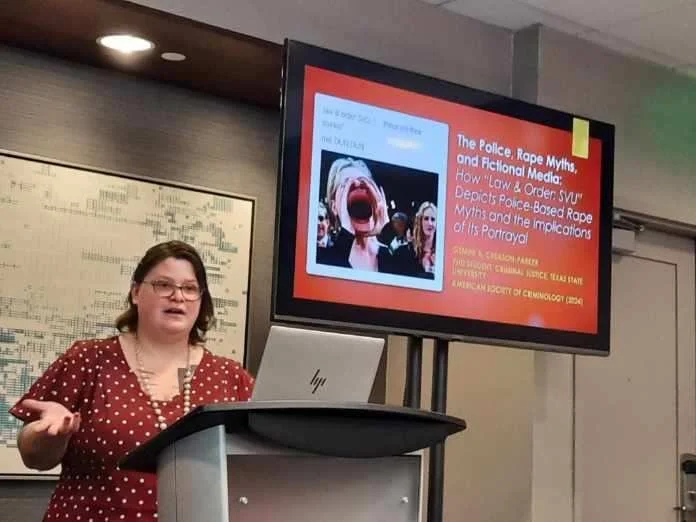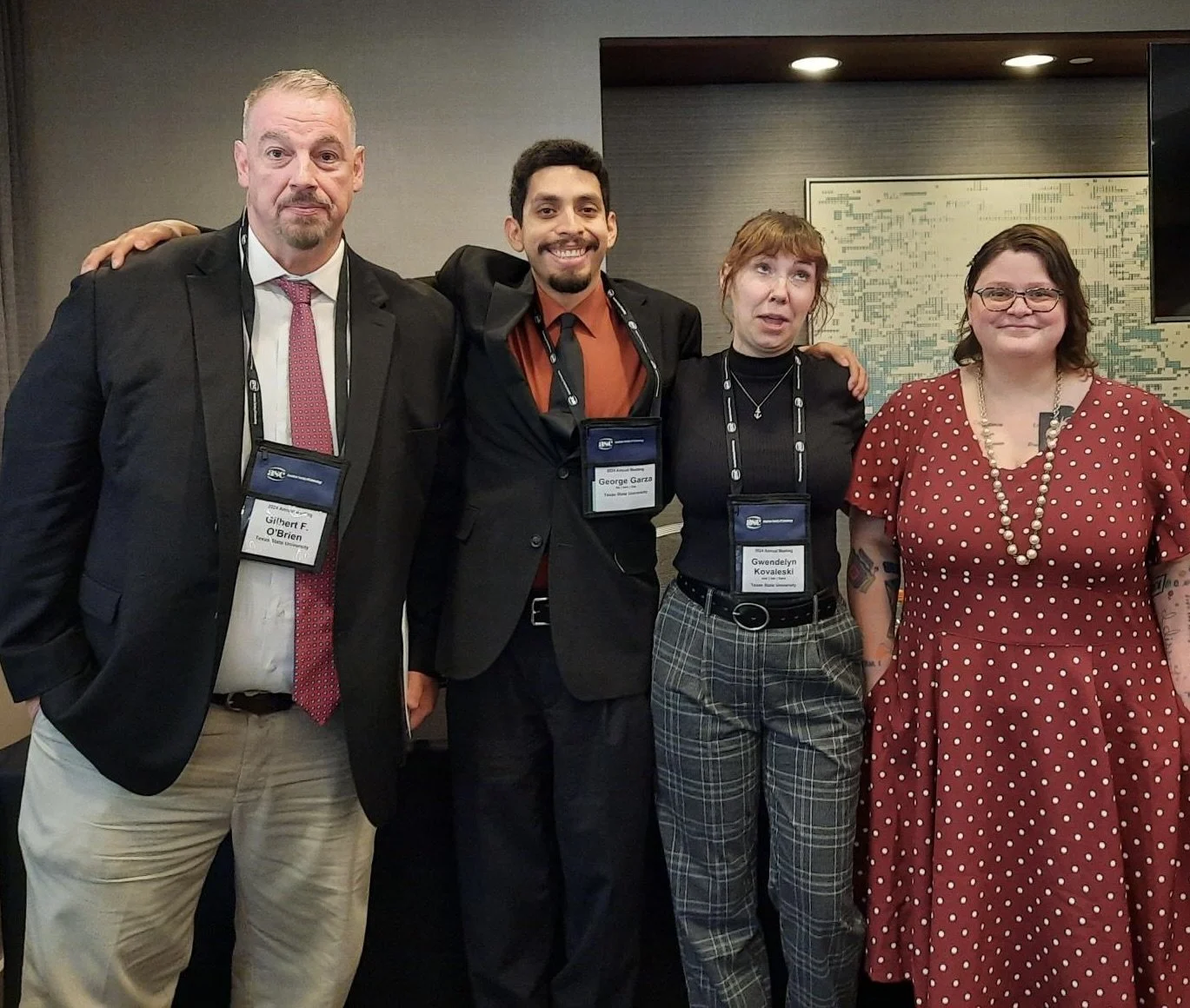
Engaging in research for more equitable policies and practices.
Supporting our communities through research.
The core mission of The Social Equity Research and Policy Lab (SERP) is to inform policymakers and stakeholders with empirical evidence as well as to advance innovative research methodology to ensure that communities that have been long ignored are given the fair treatment that they deserve as contributing members of U.S. society. SERP is an interdisciplinary research lab led by Director Dr. Lidia Nuño and Co-Director Dr. Veronica Herrera.
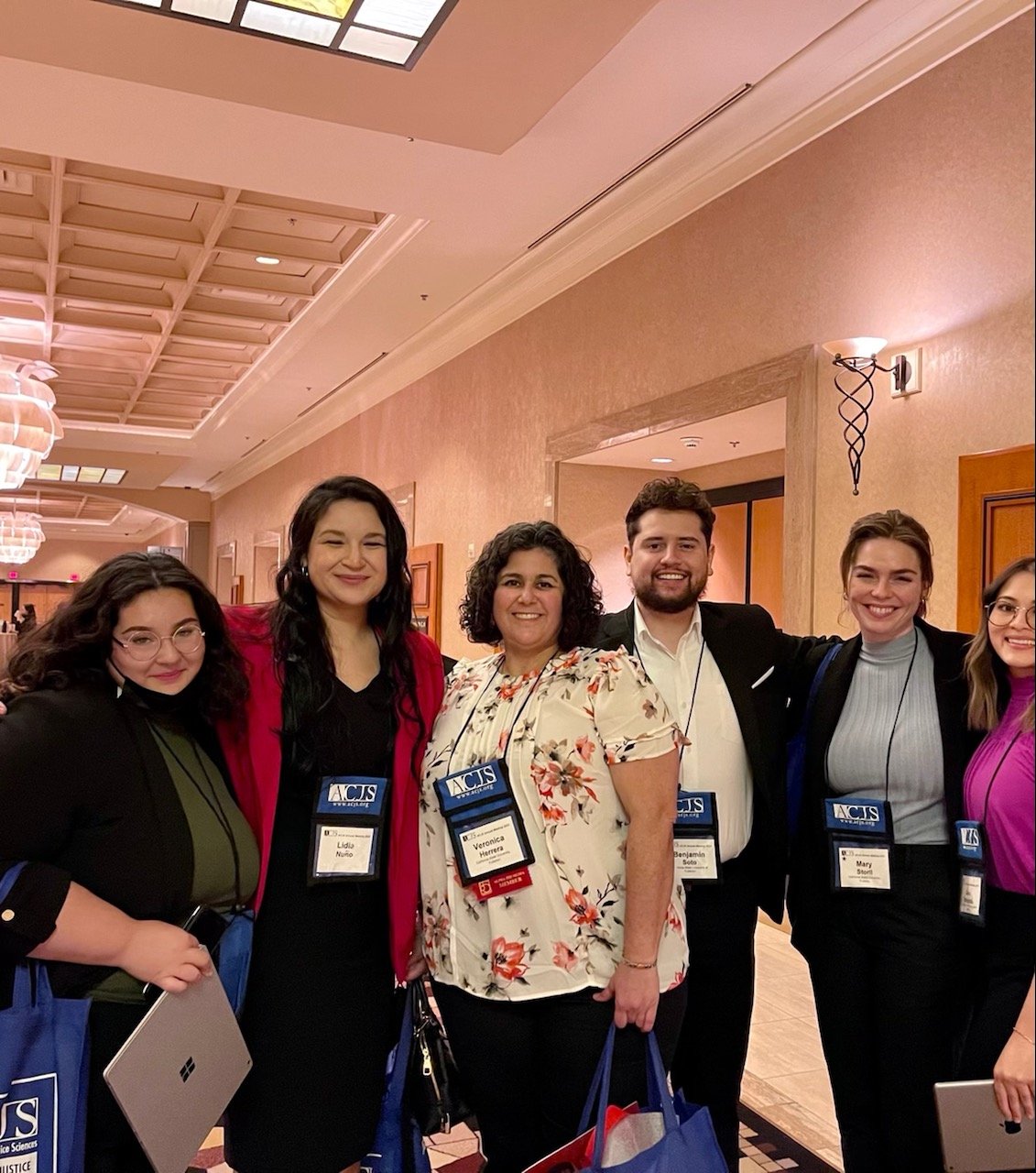
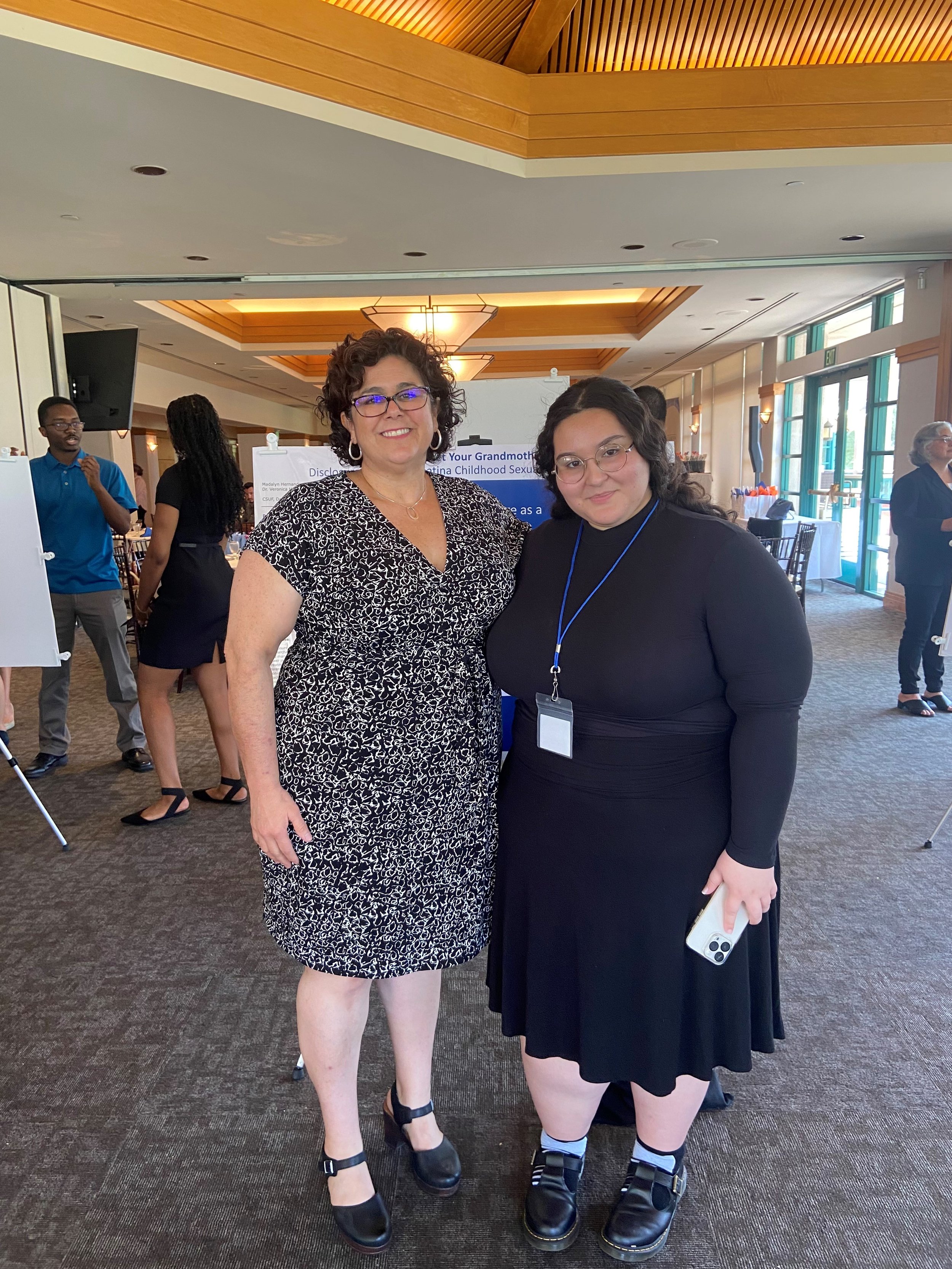
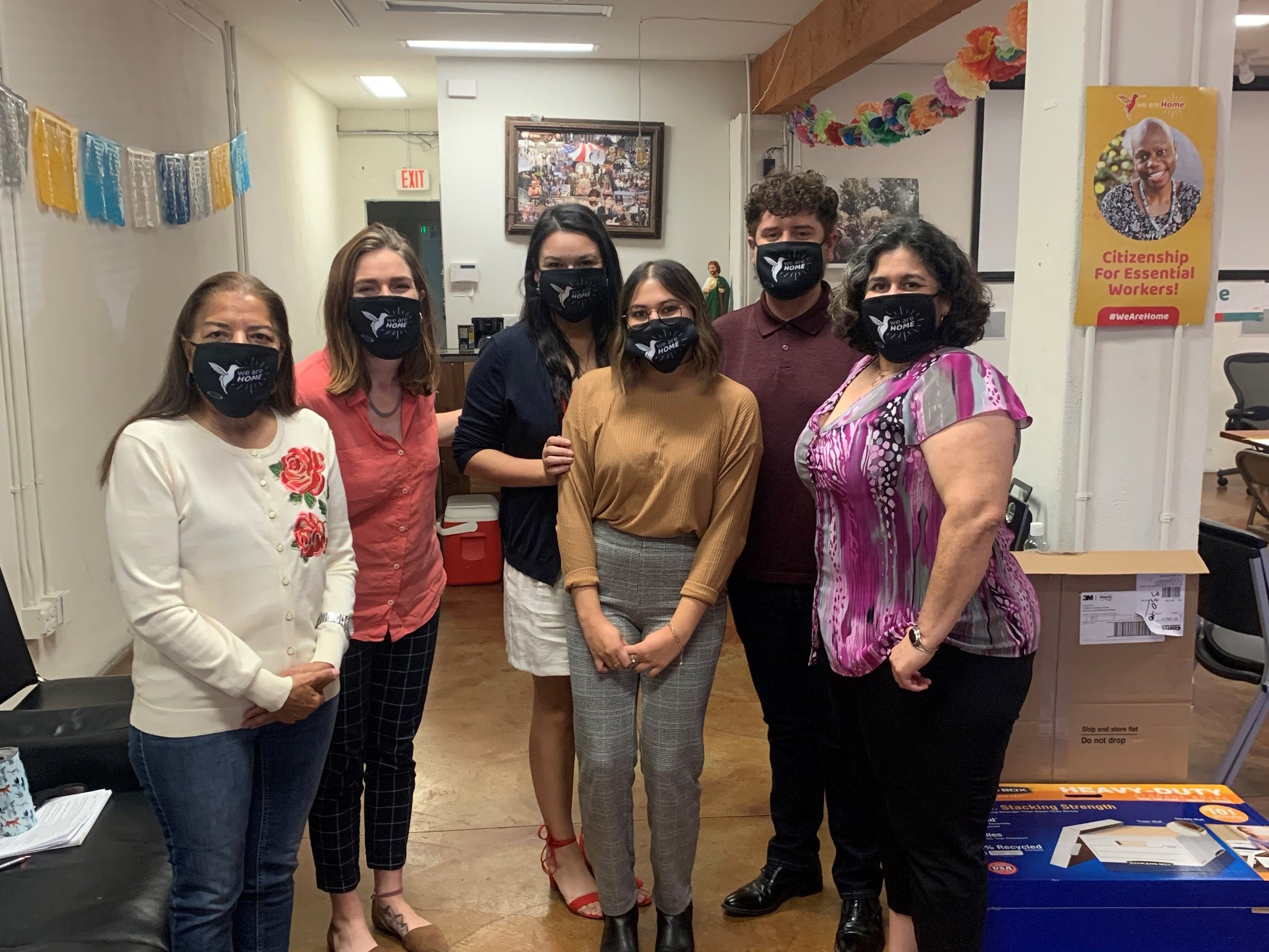



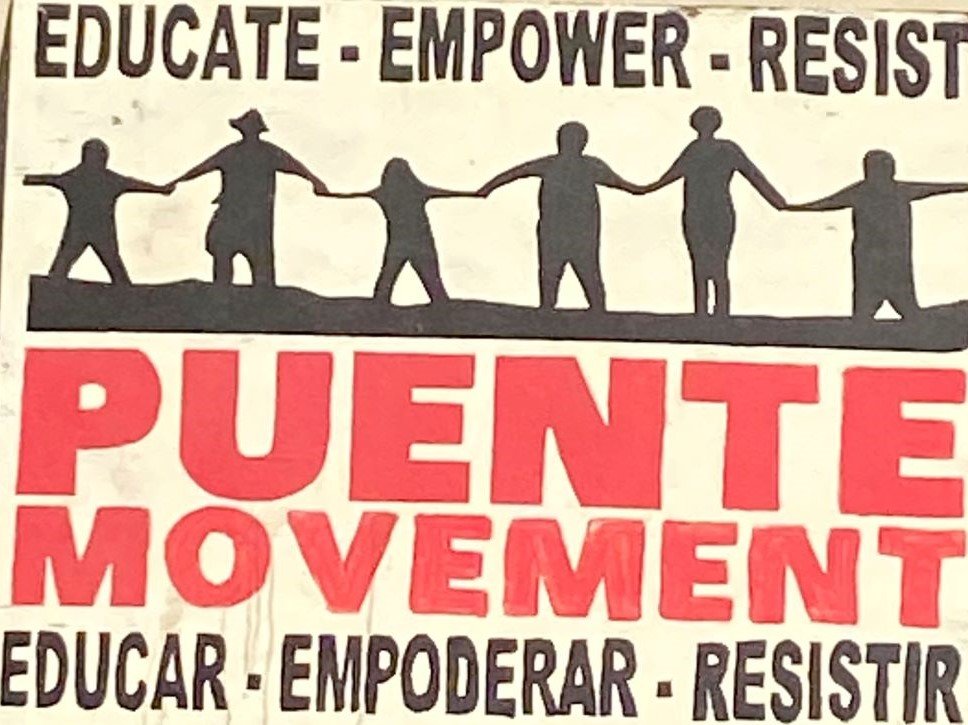
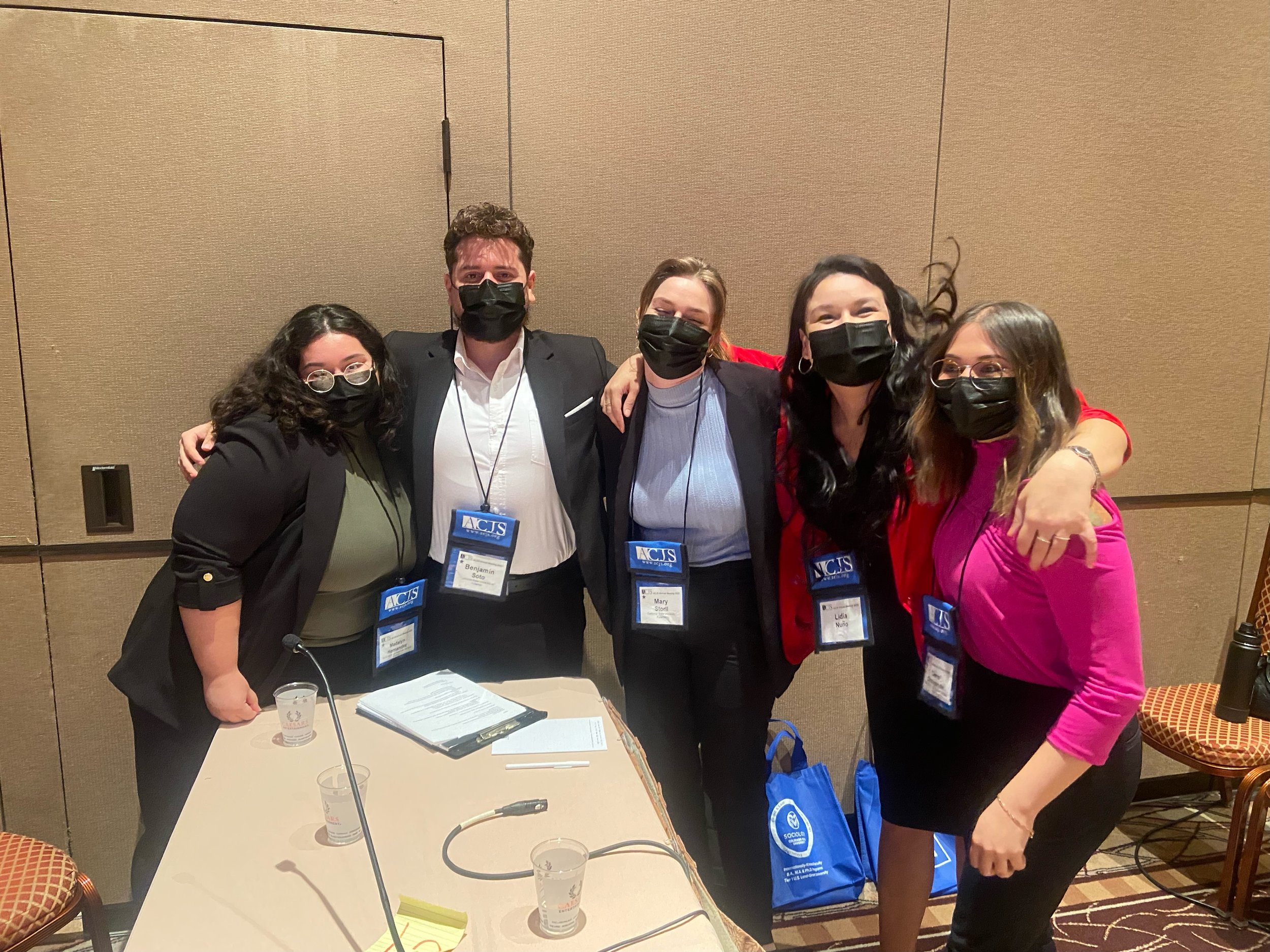
SERP Lab Spotlight
Madalyn Hernandez, CSUF McNair continuing Scholar, presented her thesis “Don’t Upset Your Grandmother: Disclosure Patterns of Latina Childhood Sexual Abuse Victims” at the McNair Scholars Research Symposium.
Maddy’s study focused on the help-seeking behavior of Hispanic women who have been sexually abused as children, with an emphasis on cultural factors that may influence non-disclosure. Using structured and semi-structured interviews with 20 women, this study addresses the lack of information about sexual abuse in Hispanic households and examines the cultural motivators that prevent help-seeking behaviors. Thematic narrative analysis identified themes of religious scapegoating, fear of gossip, and lack of education on sex to be barriers to disclosure.
George Garza, MS, TXST PhD student presented “Perceptions of Procedural Justice and Police Legitimacy Among Detained Youth” at the ASC National Conference in San Francisco, California.
George’s study focused on the perceptions of procedural justice, police legitimacy, and cooperation among detained youth at an Arizona detention center from 2011 to 2013. Using survey data collected during this period, the study examined how these perceptions were influenced by demographic and situational factors. The findings revealed that procedural justice played a key role in shaping youth perceptions of police legitimacy and their willingness to cooperate. However, African American youth and those exposed to risk factors, such as not attending school and being unemployed, were less likely to report a willingness to cooperate with law enforcement.
Gilbert F. O'Brien, MS and Gwendelyn Kovaleski, MS, TXST PhD students presented “Perceptions of Police Legitimacy and its Impact on Recruitment” at the ASC National Conference in San Francisco, California.
Gilbert and Gwendelyn’s study examined how perceptions of police legitimacy influence interest in pursuing a career in law enforcement. Drawing on survey data from 450 undergraduate students enrolled in criminal justice courses, the study explored how potential recruits view the legitimacy of policing and how these views may shape their willingness to apply for law enforcement positions. The findings address a growing concern among police departments struggling to attract new applicants and highlight the importance of legitimacy perceptions in shaping recruitment outcomes. Implications for recruitment strategies and public trust in policing are discussed.
Gemini Creason-Parker, TXST PhD student presented “The Police, Rape Myths, and Fictional Media: How “Law & Order: Special Victim’s Unit” Depicts Police-Based Rape Myths and the Implications of Its Portrayal” at the ASC National Conference in San Francisco, California.
Gemini’s study explored the portrayal of police-based rape myths in the primetime drama Law and Order: Special Victims Unit, with a focus on myths related to the reporting process and victim-officer interactions. Through a quantitative content analysis of 24 seasons of the show, the study examined how fictional media perpetuates stereotypes about victims and their behaviors during the reporting process. Despite evidence contradicting common myths, such as delayed reporting being unusual, these narratives continue to shape public and professional perceptions. The study highlights how these portrayals may discourage victims from reporting one of the most underreported crimes, raising questions about the role of media in supporting or undermining efforts to improve victim engagement and trust in law enforcement.
First Time Presenting at a National Conference!
Left to right: Gilbert F. O'Brien, George Garza, Gwendelyn Kovaleski, and Gemini Creason-Parker
Immigration Policy
Immigration has been at the forefront of many contentious policy debates. Across the country, and across various levels of government, immigration-related policies and programs, such as 287(g) and Secure Communities, have been implemented under the rationale of ensuring the general welfare of the public. However, many of these policies have not been empirically evaluated, and the impacts that these policies have on immigrant communities have not been adequately considered. SERP is dedicated to filling in these gaps in research by empirically evaluating immigration policy. Our research will generate practical tools to enable policymakers, practitioners, and other stakeholders to grapple more effectively with this timely social issue, and set a benchmark for the study of immigration policy.
Labor trafficking occurs in multiple industries and settings, within households, and sometimes alongside or within legitimate businesses, including domestic work, construction, janitorial services, landscaping industries, and agricultural work. From 2015-2019, as many as 7,300 labor trafficking victims sought help from the California Governor’s Office of Emergency Services. These statistics underrepresent the extent of labor trafficking survivors in California because it is a crime that is not well understood and is difficult to identify. There is currently a lack of empirical data necessary to identify where labor trafficking is occurring to develop strategic, evidence-based responses to the problem. Our research seeks to provide a better understanding of labor trafficking and contribute to the development of effective solutions for identifying and reducing labor trafficking in Southern California and allow for evidence-based policy recommendations.
Labor Trafficking
Immigration, Crime & Victimization
There is a prevalent narrative that undocumented immigrants commit more crimes than U.S. Citizens. This narrative is used as justification for the policy regime that the U.S. has implemented that targets undocumented immigrants in order to limit their ability to access services, work, and live in the U.S. However, this claim has yet to be empirically examined. SERP Director, Dr. Lidia Nuño, sought out and was awarded funding by the National Institute of Justice to do just that. This research project examines the relationship between immigration status and the likelihood of crime, gang involvement, and violent victimization.
Quotes from Our Research Participants

